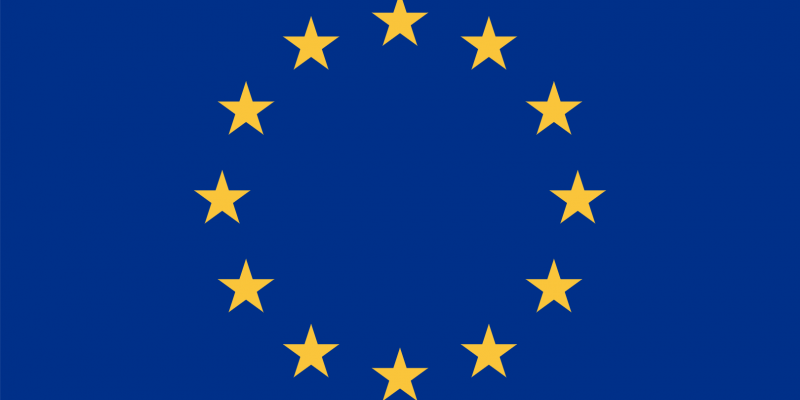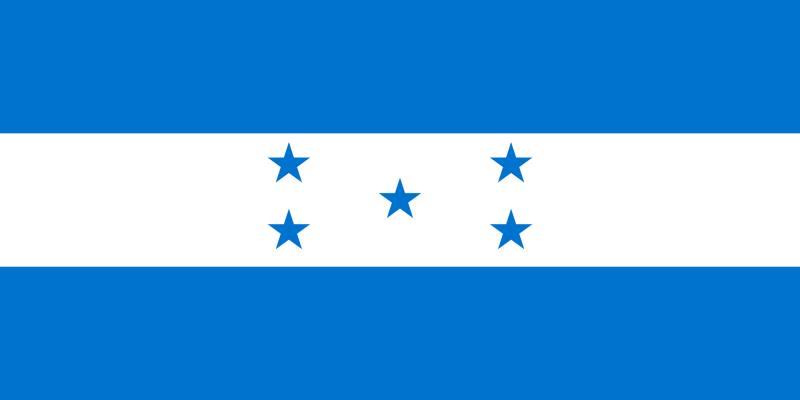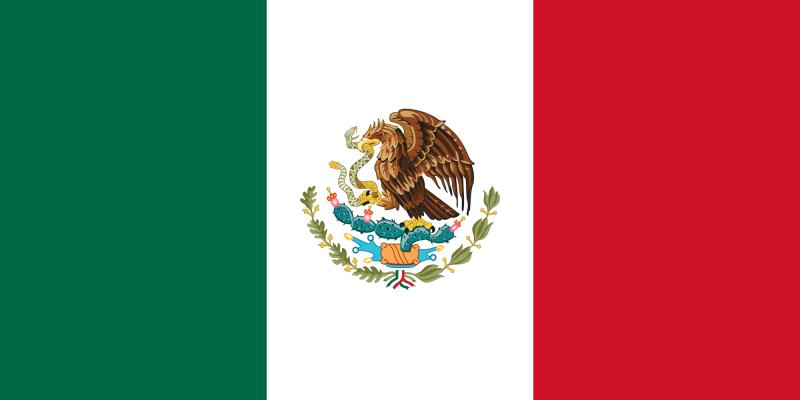Integrity Pact case study in Pakistan: Greater Karachi Water Supply
Summary
In 2001, Transparency International Pakistan served as the civil society monitor overseeing an Integrity Pact for procurement related to the Greater Karachi Water Supply Scheme.
Although one of the earlier applications of an Integrity Pact, TI-Pakistan did an excellent job of monitoring its impact on reducing costs in a massive public works tender. Its value was so clear that Pakistan’s 2002 National Anti-Corruption Strategy set out a plan for scaling up the use of Integrity Pacts to oversee public procurement. Since 2004, Pakistan’s Public Procurement Rules mandate that they must be implemented in all tenders above a certain threshold.
Background
The government that came to power in 1999 in Pakistan committed to anti-corruption reforms in both the public and private sector. To this end, it collaborated with Transparency International Pakistan to find ways to reform public procurement procedures.
In this context, the Pakistani government decided to develop and apply an Integrity Pact to oversee procurement related to a major public works water project, namely the Greater Karachi Water Supply Scheme, Phase-V, Stage-II, 2nd 100 MGC, K-III project. TI-Pakistan served as the monitor to oversee a range of related tenders led by the Karachi Water and Sewerage Board (KWSB). The total cost of the project was estimated at around PKR 6 billion, or nearly USD 1 billion.
The Integrity Pact
In early 2001, TI-Pakistan signed a Memorandum of Understanding establishing its roles and responsibilities as civil society monitor for the Greater Karachi Water Supply project tenders. TI-Pakistan advised the KWSB regarding the development of an Integrity Pact.
It was mandatory for bidders to sign the text, which included the commitment that all companies must have no-bribery policies and anti-corruption compliance programmes. In other words, if a company did not have an anti-corruption compliance programme prior to participating in the KSWB tenders, it had to develop one to be eligible to bid.
The text detailed sanctions for failure to comply, including:
- Denial or cancellation of the contract;
- Liability for damages;
- Forfeiture of the bid security; and
- Debarment for further public contracts.
The Integrity Pact was first applied for the tender to hire consultants for the design and supervision of the project in 2001. It was further applied to all procurement contracts related to the construction of the project through September 2003.
Impact
TI-Pakistan worked closely with KWSB to review all tender materials and evaluate the impact on the process. Most significantly, they demonstrated the clear cost savings and value for money that resulted from its use.
For example, the KSWB awarded the consultancy contract in July 2002 for PKR 62 million, compared to the original estimate of PKR 249. This represents a net saving of PKR 187 million, or about 75% of the contract price.
Below is a chart detailing the cost savings attributed to the Integrity Pact.
|
Tender |
Pakistani Government Approved Estimated Cost (PKR) |
Actual Contract Award Cost (PKR) |
Savings (PKR) |
|---|---|---|---|
|
Design & Supervision Consultants |
249 million |
62 million |
187 million |
|
Construction Contracts |
5,285 million |
4,448 million |
837 million |
|
Total |
5,534 million |
4,510 million |
1,024 million |
The Integrity Pact also contributed to raising the awareness of the bidders of their anti-bribery commitments and the need to develop an anti-corruption compliance programme. Thanks to the sanctions regime, there were clear incentives to comply.
In sum, the Integrity Pact contributed to the efficient allocation of resources through increased competition, higher quality procurement and budgetary savings, not only for the government but also taxpayers.
TI-Pakistan continued to serve as civil society monitor of Integrity Pacts applied to a number of other high-profile public tenders, all of which resulted in cost savings as per TI-Pakistan’s analysis in this report.
In light of this success, the government of Pakistan decided to scale up the use of Integrity Pacts by endorsing them in their National Anti-Corruption Strategy in 2002. In 2004, Pakistan amended its procurement rules to mandate the use of Integrity Pacts in all public procurement above a certain threshold. As they were scaled up and became mandatory, TI-Pakistan has no longer systematically been involved in all monitoring and cannot therefore provide recent information on impact.
Explore more case studies

Berlin-Brandenburg Airport
How Integrity Pacts can bring corruption to light even if they can't prevent it

Medicines procurement in Honduras
How Integrity Pacts helped bring transparency, fair competition and value to a deeply corrupt sector


